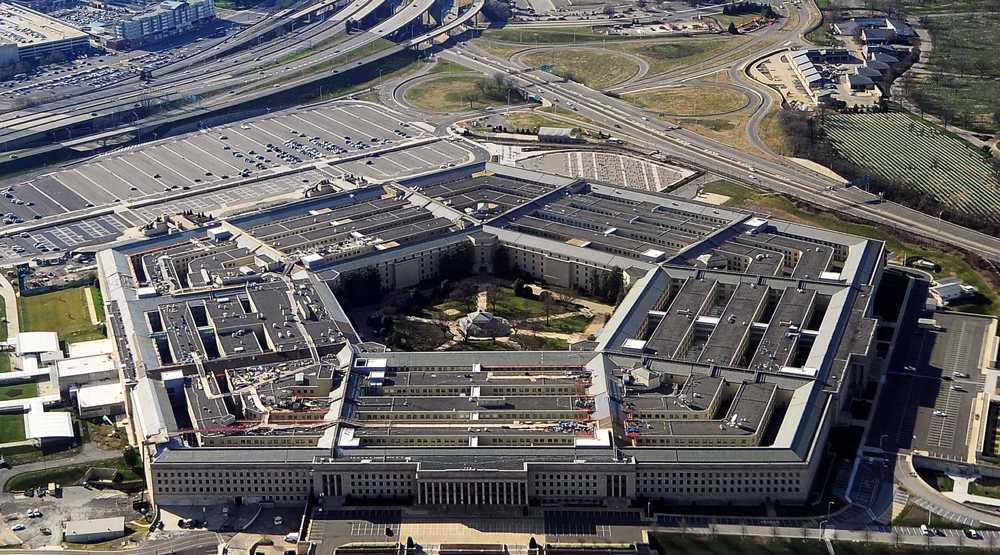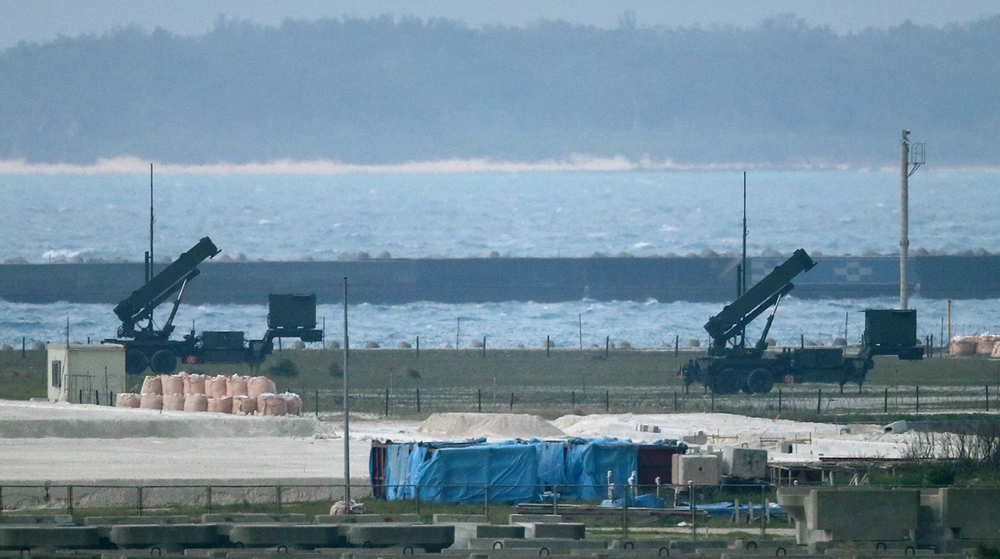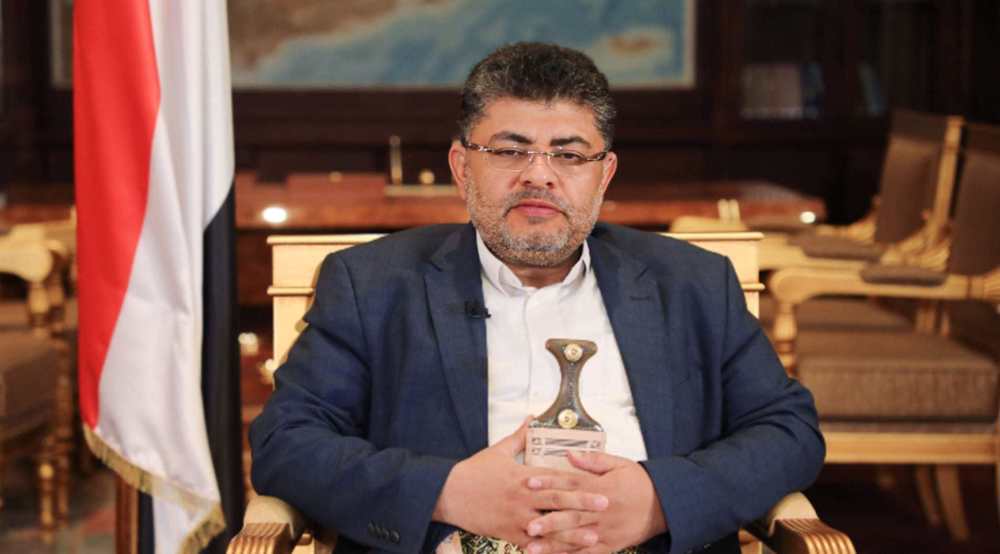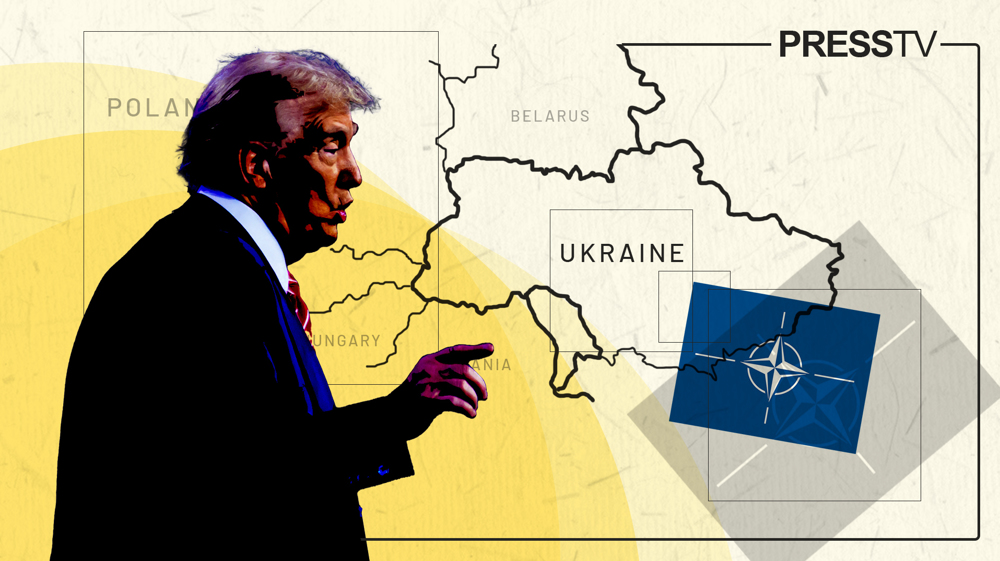US greenlights $920m in arms sales to Japan, Singapore to counter China’s influence
The United States has given a green light to the potential sale of hundreds of millions of dollars worth of munitions to Japan and Singapore, the Pentagon said on Monday.
The $900 million package of arms and equipment approved by the US State Department includes advanced missiles for Japan and munitions for Singapore.
The package for Japan would include 150 Advanced Medium-Range Air-to-Air Missiles (AMRAAM) to be installed on the country’s F-35 fighter jets, worth more than $290 million.
Singapore will receive $630 million to supply its fleet of F-15 S-G fighter jets with air-to-air missiles.
Washington has been supplying arms to its allies in the East Asia region mainly to counter the influence of its arch-foe China.
Military experts note that Japan’s armed forces and the US military have plotted several times to assist Washington in deploying intermediate-range ballistic missiles on the Asian country’s southwestern islands in an attempt to achieve “integrated deterrence” against China.
China has vastly upgraded its military infrastructure in recent years, amid rising tensions with the West over Chinese Taipei, the South China Sea, and military supremacy in the Indo-Pacific.
China has repeatedly warned the US against expanding its military presence in the region, terming it the source of regional tensions and instability.
Over the past several years, Chinese warships have sailed through waters near Okinawa, where the majority of US troops in Japan are based, in a bid to curb US military presence as an extra-regional force in the western Pacific.
Japan has in turn used that Chinese military posturing to brandish a perceived threat from China.
The US relies on Japan and its other main allies in the region to support efforts to challenge China's regional influence and supremacy.
General Mark Milley, chairman of the US joint chiefs of staff, on Monday, said China was conducting “dangerous intercepts” against American military aircraft and ships and was also targeting Canada, Australia, Japan, and Washington’s other allies.
“The number of Chinese intercepts at sea and in the air has increased significantly over five years,” Milley said aboard his aircraft as he flew to Asia for visits to Indonesia.
The top US military general said he discussed unsafe intercepts when he spoke to his Chinese counterpart, General Li Guocheng, in the first call between them since US president Joe Biden took office early last year.
Li responded by warning the US not to engage in what he termed provocations”.
Beijing has warned the US against the visit of Nancy Pelosi, Speaker of the US House of Representatives, to Taiwan next month.
VIDEO | Karachi sit-in amplifies nationwide call for justice for Parachinar victims
Iran strongly condemns Israeli bombing of Yemen's civilian infrastructure
VIDEO | Press TV's news headlines
VIDEO | Israel and Iran’s Nuclear Facilities?
At least three killed as Israel bombs Sana'a airport, power plant
Palestinian children freeze to death amid Israeli carnage in Gaza
Houthi: Yemen’s hypersonic missiles have surprised enemy
Israel makes deepened incursion into Lebanon despite truce











 This makes it easy to access the Press TV website
This makes it easy to access the Press TV website